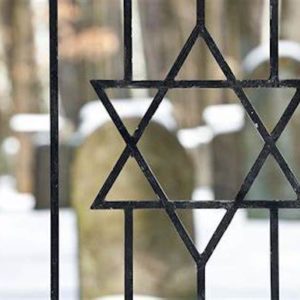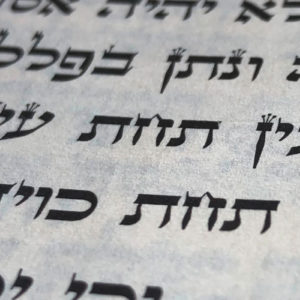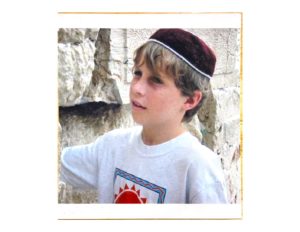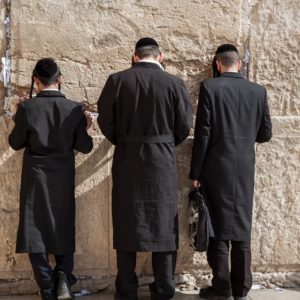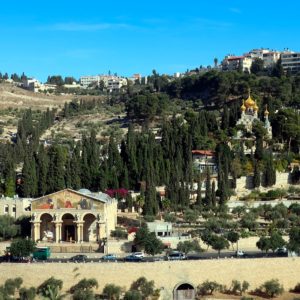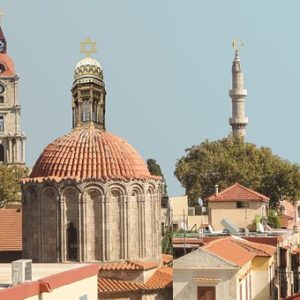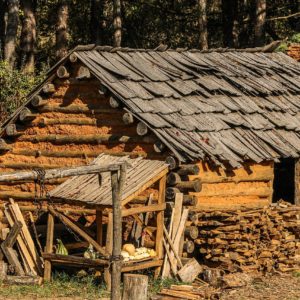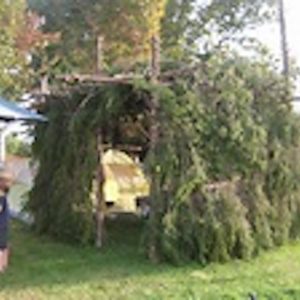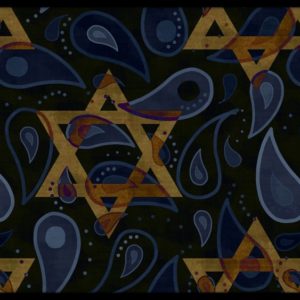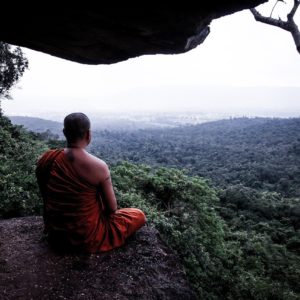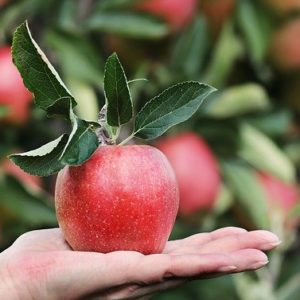
Alone in the World?
Preparatory to discussing Cormac McCarthy’s new fiction, a duology comprising The Passenger and Stella Maris, with Greg Wolfe via Zoom on January 25th, I’d like to offer a few ways into the books. The surname of the main characters, siblings Alicia and Bobby, is Western. Novelists do not name characters carelessly. Bobby and Alicia are the children, born in the late 1940s and early 1950s respectively, of a physicist who worked on the Manhattan Project which built the first atomic bombs.

